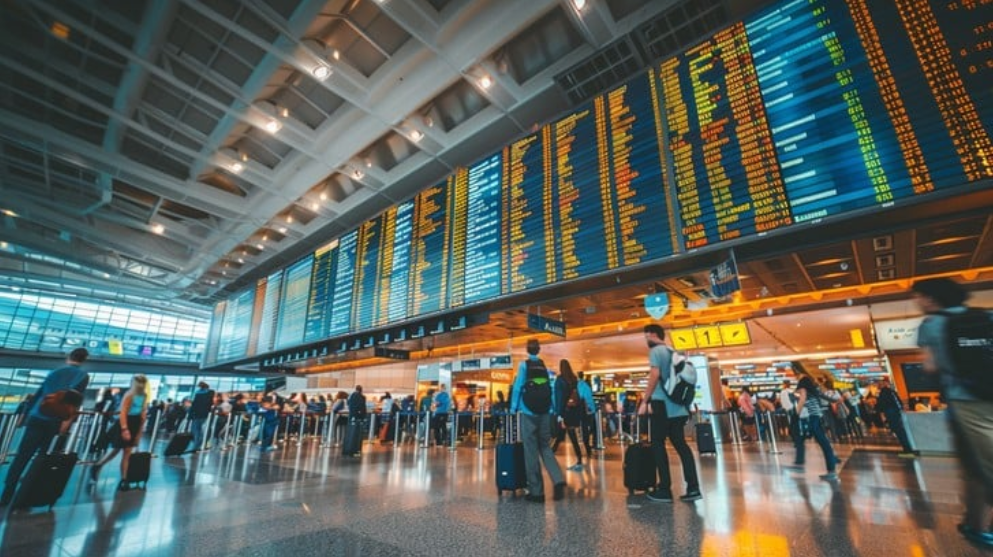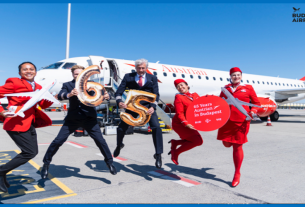Brussels, 6 October 2025 — Europe’s major international airports recorded a combined 3,888 delayed flights over the weekend, according to newly compiled aviation data. While cancellations remained minimal, the figures underscore the persistent challenge of congestion and scheduling pressures across the continent’s busiest hubs.
Leading Airports by Disruption
- Paris Charles de Gaulle (France) topped the list, with 471 delays (69%) and 4 cancellations (1%).
- Amsterdam Schiphol (Netherlands) followed closely, reporting 465 delays (63%) and 7 cancellations (1%).
- Frankfurt Airport (Germany) registered 469 delays (64%) with just 3 cancellations.
- London Heathrow (UK) saw 436 delays (63%) and 5 cancellations.
- Madrid Barajas (Spain) reported 409 delays (62%), but notably no cancellations.
Southern Europe and Beyond
- Rome Fiumicino (Italy): 352 delays (68%), no cancellations.
- Barcelona El Prat (Spain): 350 delays (62%), 1 cancellation.
- Munich Airport (Germany): 334 delays (63%), 3 cancellations.
- Athens Eleftherios Venizelos (Greece): 308 delays (69%), no cancellations.
- Zurich Airport (Switzerland): 294 delays (68%), 2 cancellations.
Broader Context
In total, the ten airports reported 3,888 delayed flights, with delay rates ranging between 62% and 69%. Cancellations were rare, accounting for 0–1% of scheduled flights.
Aviation analysts note that while airlines are increasingly successful at avoiding outright cancellations, chronic delays remain a systemic issue, driven by air traffic congestion, staffing shortages, and weather-related disruptions.
Outlook
With passenger volumes continuing to rise post-pandemic, experts warn that Europe’s aviation sector must invest in air traffic management, digital scheduling systems, and ground operations efficiency to reduce delays. For now, travelers are advised to anticipate significant wait times at major hubs, even when flights are not canceled.



